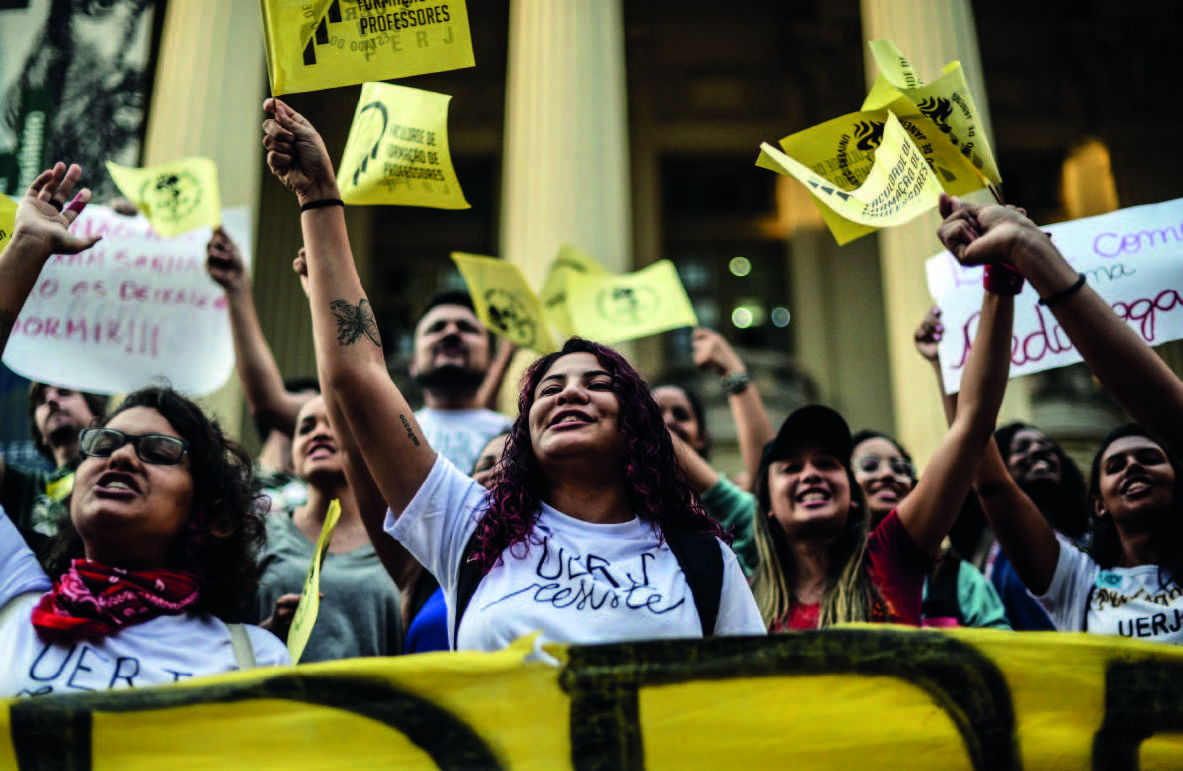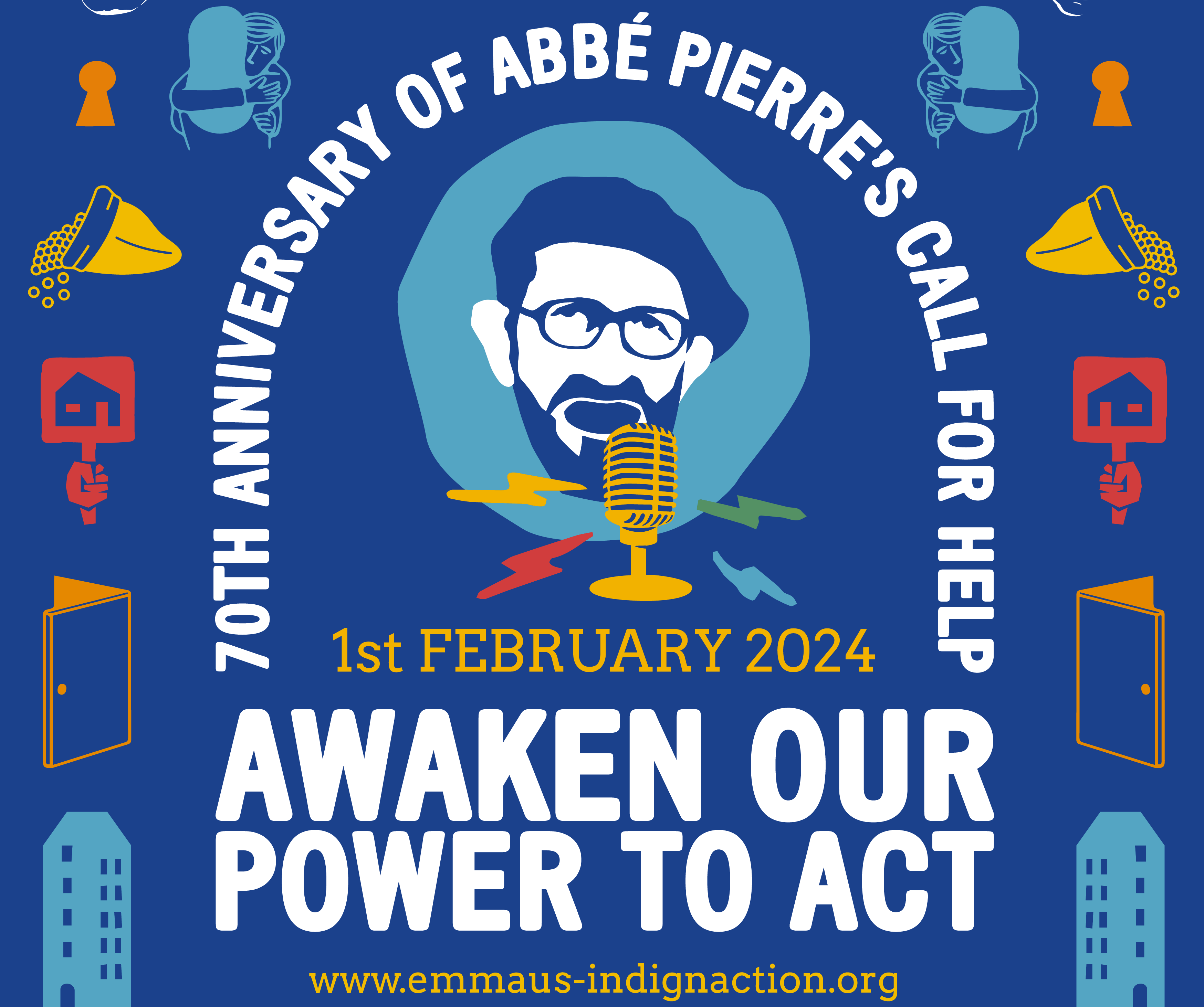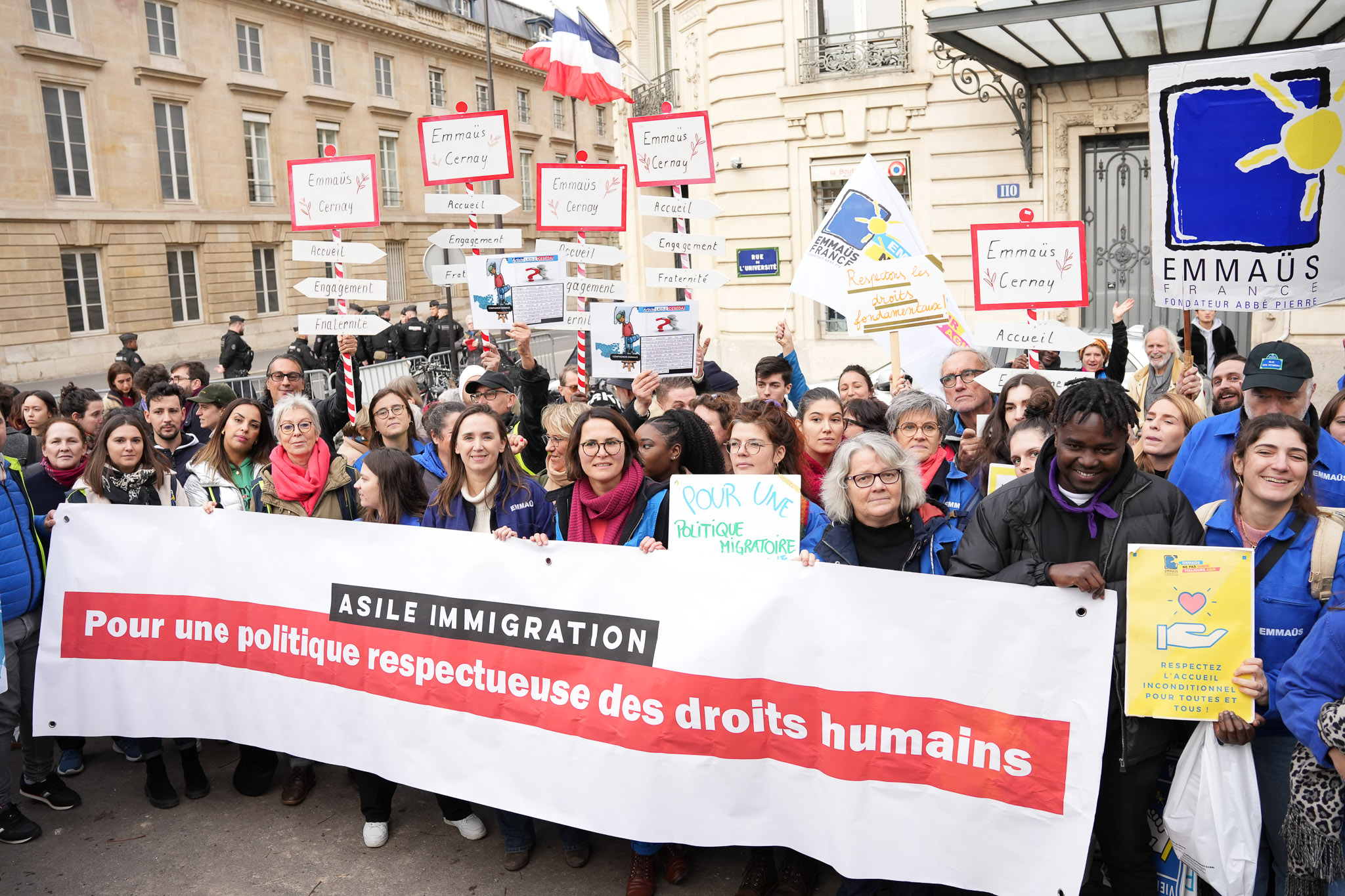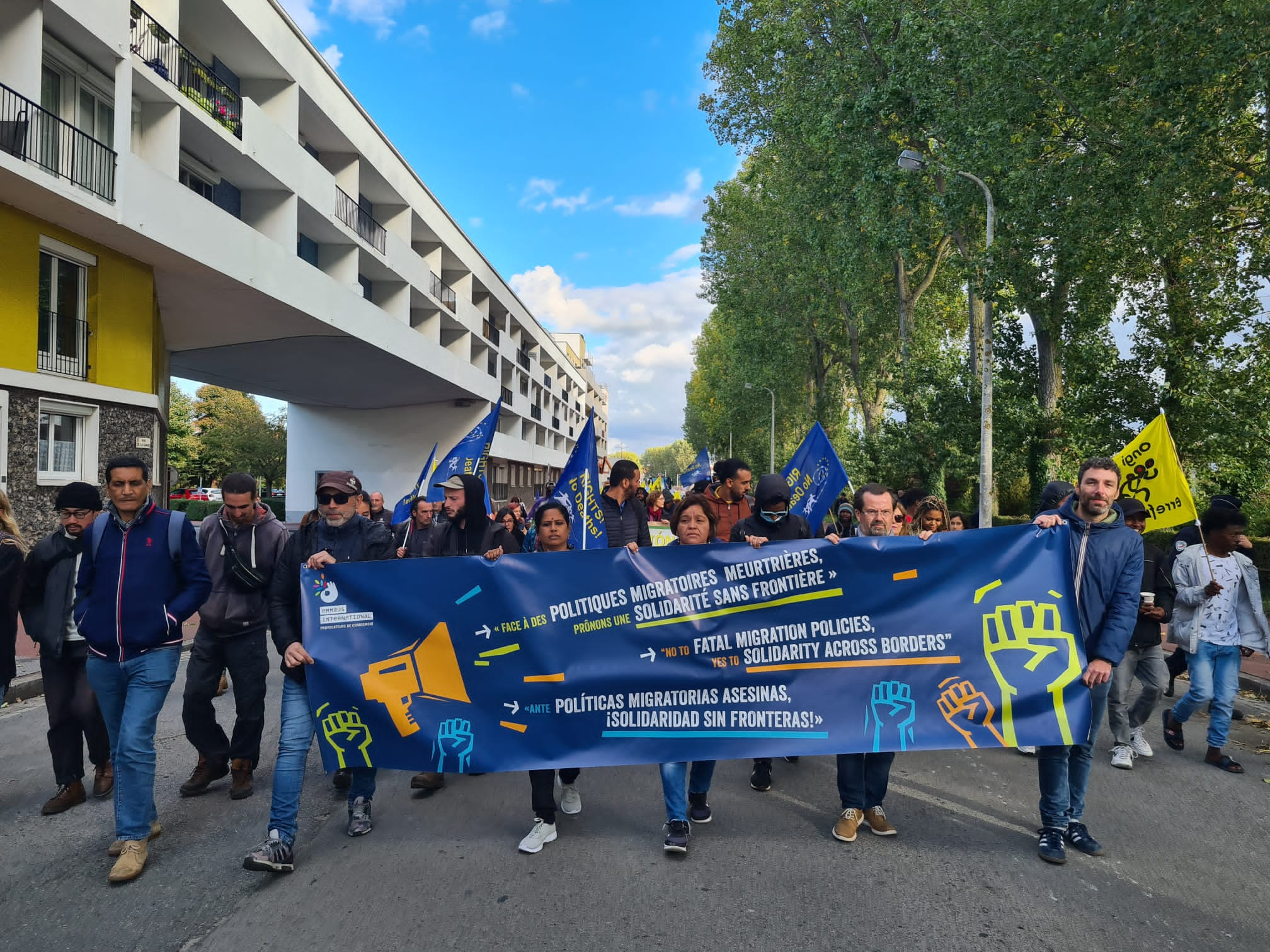Situation in Brazil : interview with Luis Tenderini, Emmaus International Board Member for the Americas region

On the occasion of the publication of the 2nd version of the Warning Barometer on the situation of human rights in Brazil, Luis Tenderini, Emmaus International Board Member for the Americas region, shares some words about the situation in Brazil.
The emergency assistance provided by the government over the months managed only to alleviate the economic situation for thousands of families, but it ended in December 2020.
Unemployment and informal work have increased dramatically, with 13 million families falling into extreme poverty.How is civil society resisting state violence?
The spread of the virus, which picked up the pace again in December, along with the uncertainty of being able to get access to vaccines, have contributed to a climate of despair. The government, in the form of its President and Health Minister, are still failing to take urgent measures to protect the population. To date, a vaccination plan has not been defined; there are not enough syringes or supplies to vaccinate everyone.
Faced by this bleak outlook, it seems like people – particularly the most affected social classes – are numb, lacking the strength to react. However, the episodes of violence by the civilian and military police and the army are provoking reactions.
Several evictions of homeless people from land occupied years ago have led to resistance initiatives in different regions of the country. Social organisations are once again coming together to confront the power wielded by this authoritarian government, but they lack the strength needed for profound change.
Why is it important for Emmaus groups around the world to mobilise and get involved in the campaign “Brazil resists! Fighting is not a crime”?
3. For all of the above reasons, it is clear that the Emmaus groups in Brazil have an important political task: on the one hand, to support the social groups most affected by the crisis, joining popular organisations to multiply the resistance initiatives, and on the other, to denounce the absurdities of an increasingly insensitive and authoritarian government, which is giving rise to a profound social tragedy. In this respect, support for the campaign “Brazil resists!” is of huge importance to strengthen the fight in our country.


